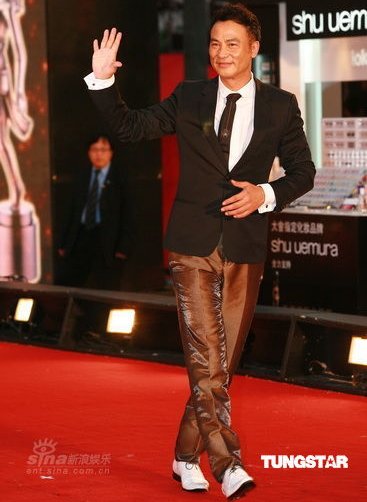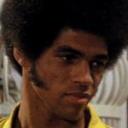Thursday, April 11th, 2013
32nd Hong Kong Film Awards Preview
 The Hong Kong Movie Gods are kind this year. Unlike last year when A SIMPLE LIFE wasn’t available to poor sods overseas until after the Hong Kong Film Awards were presented, I have been able to see all five of this year’s Best Film nominees. As a result, I can speak with unfounded yet irrationally-confident authority on who should win and who will win this year’s awards.
The Hong Kong Movie Gods are kind this year. Unlike last year when A SIMPLE LIFE wasn’t available to poor sods overseas until after the Hong Kong Film Awards were presented, I have been able to see all five of this year’s Best Film nominees. As a result, I can speak with unfounded yet irrationally-confident authority on who should win and who will win this year’s awards.
Without further ado, let’s start with the night’s top prize: Best Film. The nominees are: THE BULLET VANISHES, COLD WAR, MOTORWAY, THE VIRAL FACTOR and VULGARIA. If I had a vote, here is how I would rank the films:
5. THE VIRAL FACTOR
While it boasts some well-done action scenes, THE VIRAL FACTOR is saddled with an overwrought “separated brothers on opposite sides of the law” subplot loaded with both ham and cheese. This nomination speaks more to the lack of depth in this year’s field than the quality of the movie. THE VIRAL FACTOR was released in January 2012 for the Lunar New Year holiday season. It’s a bit sad that, in the ensuing 11 months of 2012, the HK film industry couldn’t come up with one film, just one film, to knock THE VIRAL FACTOR off this list.
Evaluated solely as an action movie, THE VIRAL FACTOR more than fits the bill. As a nominee for one of the best films of the year, not so much.
4. THE BULLET VANISHES
Terrific production design and dynamic performances from both the leads and the supporting cast make THE BULLET VANISHES a worthy nominee for Best Film. What will keep it from being a worthy winner, however, is a plot twist that comes across as unearned. Without spoiling things for those who have yet to see the movie, to pull off a twist successfully, a viewer should be able to re-watch the film and see the internal logic behind it. Take, for example, M. Night Shyamalan’s THE SIXTH SENSE. Re-watching THE BULLET VANISHES with the plot twist in mind, events don’t quite match the outcome and the logical consistency of the film suffers. Close, Lo Chi-Leung and company, but no cigar.
3. MOTORWAY
THE VIRAL FACTOR and THE BULLET VANISHES would be unlikely Best Film winners on Saturday night. MOTORWAY, on the other hand, has a legitimate shot to walk away with the top prize. A solid cops-and-robbers movie, the film talks the talk and drives the drive with noteworthy skill and efficiency. The problem with MOTORWAY is that it is coldly efficient and, ultimately, bland. There is no spark, no edge to film. It’s highly-watchable and highly-enjoyable, but once the credits roll, it’s also highly-forgettable.
Nevertheless, the remaining films in this category are very polarizing so there is an outside chance that MOTORWAY could emerge victorious as a compromise candidate.
2. COLD WAR
Telling a tale of how the upper echelons of the Hong Kong Police Force mobilize their resources to deal with a terrorist threat, COLD WAR has an intense premise and some interesting things to say about stability and security in a civil society. However, with wings made from pretentious Winston Churchill quotes and a few histrionic performances, COLD WAR, like Icarus, flies too close to the sun and comes crashing down in a disappointingly sloppy third act.
That said, there are many aspects of COLD WAR that commend it as a Best Film winner. With a box-office take of HK$42.68 million, COLD WAR was the highest-grossing Hong Kong film of 2012. Moreover, with the East Palace/West Palace checks and balances dynamic of the Operations branch/Administration branch and the exaltation of the role of the ICAC (Independent Commission Against Corruption) in the government system, COLD WAR fires some not so subtle shots at the Mainland. This is epitomized when Secretary of Security Philip Luk (Andy Lau Tak-Wah) addresses a horde of free press about an hour into the film. Luk:
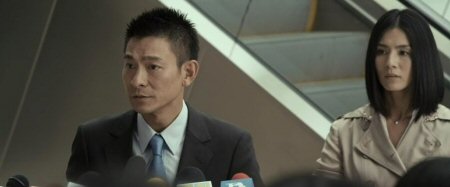
“Hong Kong is an advanced city under common-law jurisdiction. The ICAC doesn’t need to report to me before taking action. I understand that even though you are free to ask any questions, please familiarize yourself with Hong Kong law and the spirit of the rule of law before you ask because this is the core value that made Hong Kong an international finance centre and Asia’s safest city.”
Further, COLD WAR’s ad campaign touted it as a quality film full of “Hong Kong flavour” worthy of being mentioned in the same breath as INFERNAL AFFAIRS. In an age where “if you say something enough times, it effectively becomes true” is an actual media strategy, the branding may swing a few votes its way and be the difference between winning and losing.
Another factor tilting in COLD WAR’s favour, the controversial nature of my pick for Best Film …
1. VULGARIA
VULGARIA, much like MOTORWAY, is very good at what it does. It’s an exceptionally-crafted comedy filled with biting social commentary and ribald but not obscene jokes. Unlike MOTORWAY, VULGARIA is not bland and, with recurring bits involving popping candy and donkeys, definitely not forgettable. Unblemished by neither a questionable plot twist nor an ill-conceived third act, VULGARIA is the best Hong Kong film of 2012. Unfortunately, its mature subject matter means that it faces an uphill battle to get recognized as such in Hong Kong’s socially conservative society.
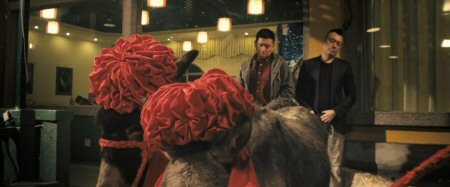
Shunned completely by the Hong Kong Film Critics Society in its awards, VULGARIA didn’t get any love either from the Hong Kong Directors’ Guild as COLD WAR, MOTORWAY and Pang Ho-Cheung’s other 2012 effort LOVE IN THE BUFF were selected for its Most Recommended Films of the year. The Hong Kong Arts Development Council gave its HK$50,000 Critics’ Prize to an essay titled “Gazing at the Anxiety of Hong Kong Film Through VULGARIA” by Mainland writer Jia Xuanning. In the piece, Jia argued that VULGARIA is an “irresponsible cultural product” that showed Hong Kong people still cannot accept the realities of the Mainland’s improved social and economic status. With the Hong Kong film industry increasingly reliant on the Mainland for funding, it may be reluctant to bite the hand that feeds it by lauding VULGARIA as its Best Film of 2012.
All this points to a COLD WAR victory on Saturday night. Just how much of a favourite is the Longman Leung-Sunny Luk film? Over at a sportsbook taking bets on the Hong Kong Film Awards, the odds of COLD WAR winning are pegged at 1-5. Its closest competitor, THE VIRAL FACTOR, is given 4-1 odds while VULGARIA has odds of 15-1. For those of you who aren’t degenerate gamblers, this means that if you bet $1 on COLD WAR to win, your return will be a mere 20 cents. If you bet $1 on THE VIRAL FACTOR to win, your return will be $4. A significant disparity that suggests the people who put the money where their mouths are believe COLD WAR is an overwhelming favourite.
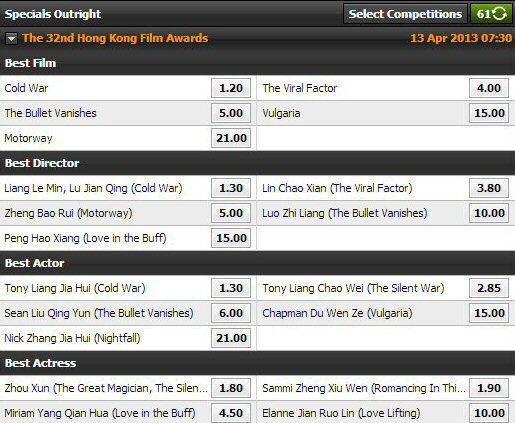
QUICK HITS ON THE OTHER MAJOR AWARDS:
Best Director:
If I had a vote, I’d give it to Soi Cheang for MOTORWAY. Cheang also won the Hong Kong Film Critics Society Best Director award and tied for the Hong Kong Film Directors’ Guild directing prize so he’s a strong candidate to win. Longman Leung and Sunny Luk may hold the prize in their hands if there’s a COLD WAR sweep. Dante Lam (THE VIRAL FACTOR) is the dark horse candidate.
Best Actor:
My other cousin Tony, Tony Leung Ka-Fai, is the consensus “hot door” for his work in COLD WAR and the actor I would have voted for in this category. If there is to be an upset, look for Nick Cheung Ka-Fai to win for NIGHTFALL as he walked away with the Hong Kong Performing Artistes Guild award for Outstanding Film Performance in 2012.
Best Actress:
Despite some buzz for Sammi Cheng Sau-Man (ROMANCING IN THIN AIR) double nominee Zhou Xun (THE GREAT MAGICIAN, THE SILENT WAR) is expected to emerge as the winner on Saturday night. The dark horse and my sentimental favourite: Miriam Yeung Chin-Wah (LOVE IN THE BUFF).
Best Supporting Actor:
A total toss up between Ronald Cheng Chung-Gei (VULGARIA) and Chapman To Man-Chat (DIVA) as they are being touted as the “hot doors”. Powered by nostalgia, Alex Man Chi-Leung (THE BOUNTY) circles with an outside chance.
Best Supporting Actress:
The “hot door” designation in this category has been given to veteran Taiwanese actress Elaine Jin (THE VIRAL FACTOR) — seven-time HKFA Best Supporting Actress nominee, two-time winner. Mavis Fan (SILENT WAR) is the dark horse. Personally, I would have voted for Jiang Yiyan (THE BULLET VANISHES).
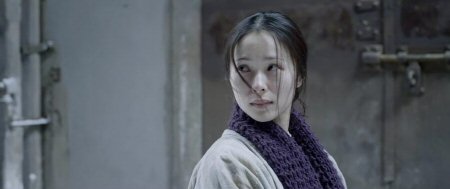
Photo credits: Eric Cartman (Comedy Central), Andy Lau/Charlie Yeung from COLD WAR (Edko Films), Chapman To/Simon Lui from VULGARIA (Making Film Productions), 32nd Hong Kong Film Awards Betting Form (188Bet), Jiang Yiyan from THE BULLET VANISHES (China Lion Entertainment).


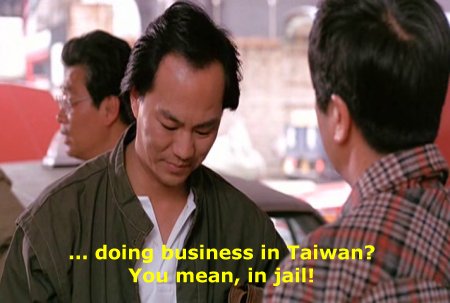
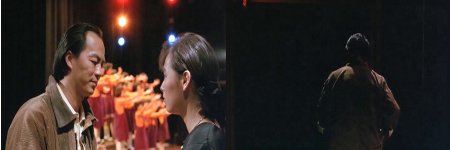
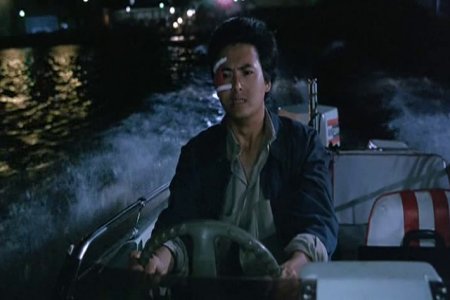
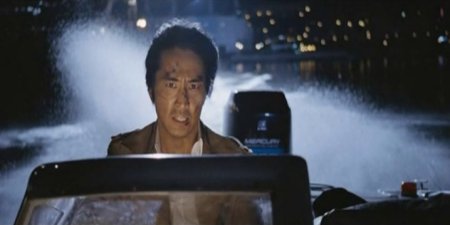
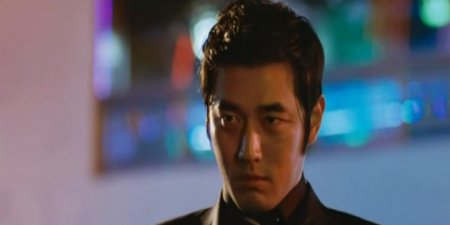
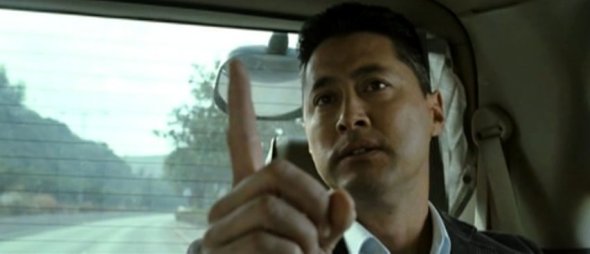
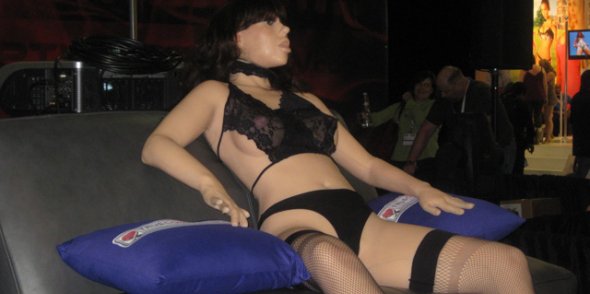

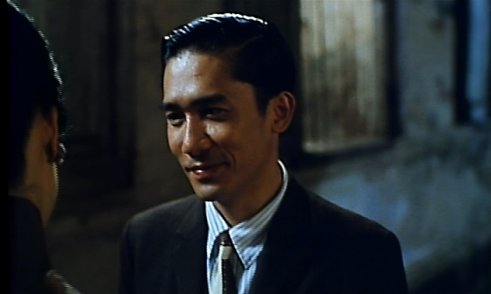
 Nope, I wasn’t trying to push the Haterade on IP MAN. Instead, I was trying to get people to drink the Kool-Aid on THE WAY WE ARE because it perfectly captures the essence of Hong Kong. The characters in the film are characters that I recognize from real life whenever I’m in the Fragrant Harbour. The situations in the film are situations that I recognize from real life: the lonely senior, the family gatherings, the dull rhythm of the everyday, the dopey teenager, estrangement, extending a helping hand to a neighbour and so forth. For the most part, people in Hong Kong quietly move forward the best that they can. They don’t get involved with triads, they don’t commit suicide by coal and they don’t murder their loved ones.
Nope, I wasn’t trying to push the Haterade on IP MAN. Instead, I was trying to get people to drink the Kool-Aid on THE WAY WE ARE because it perfectly captures the essence of Hong Kong. The characters in the film are characters that I recognize from real life whenever I’m in the Fragrant Harbour. The situations in the film are situations that I recognize from real life: the lonely senior, the family gatherings, the dull rhythm of the everyday, the dopey teenager, estrangement, extending a helping hand to a neighbour and so forth. For the most part, people in Hong Kong quietly move forward the best that they can. They don’t get involved with triads, they don’t commit suicide by coal and they don’t murder their loved ones.